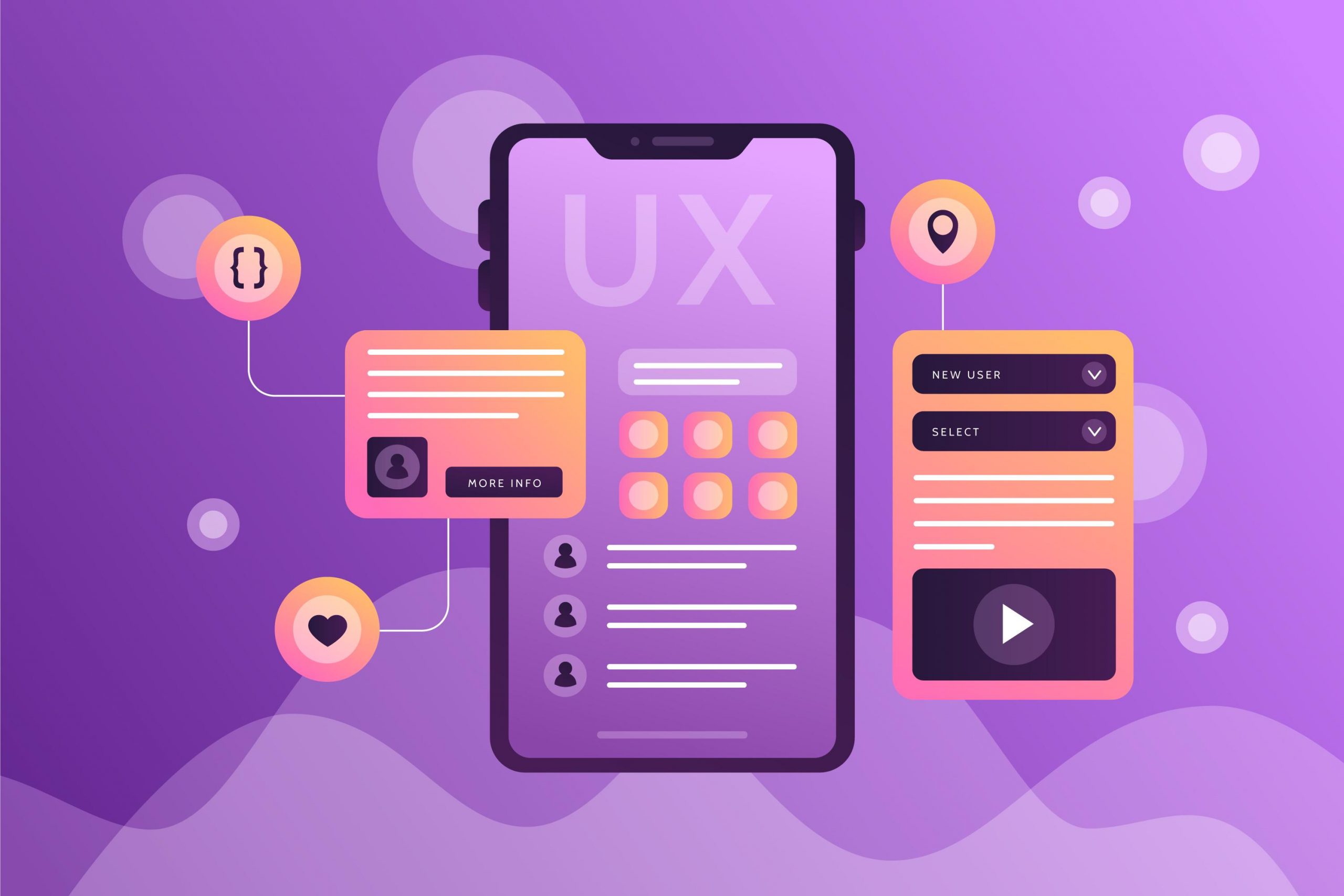Native Mobile App Development – The Key Benefits You Ought to Know
There is no denying the fact that building a mobile app has become a top priority for different companies. However, it is difficult to choose a development approach because the lines between different options are blurry. Native app development involves building apps for specific mobile operating systems. Users can access them from dedicated app stores. If you want native mobile app development services, know this, for iOS, app developers will use programming languages Swift or Objective-C. On the other hand, developing for Android requires programming languages like Kotlin or Java.
Here are the benefits of Native Mobile App Development:
-
Native Apps Have the Best Performance
With native mobile app development, the app is created and optimized for a specific platform. Therefore, the app shows a high level of performance. Native apps are quick and responsive because they are developed for a specific operating system and compiled using the platform’s core programming language and APIs. Therefore, the app is much more efficient. The device stores the app that allows the software to leverage the device’s processing speed.
-
Native Apps are much more secure
Web apps rely on different browsers and underlying technologies like JavaScript, CSS, and HTML5. Therefore, native mobile app development is one of the best ways to ensure the app is well protected.
-
Native Apps are Much More Interactive & Intuitive
The native apps run smoothly, especially when it comes to user input and output. These apps inherit the OS interfaces that make them look and feel like an integrated part of the device. The biggest benefit of the native mobile app is the better user experience. The primary reason is native apps are created for a specific operating system. They stick to the guidelines that enhance and align the user experience with the operating system. Therefore, the flow of the app is much more natural. Sticking to the specific guidelines will eliminate the learning curve and allow the users to interact with apps using actions and gestures that they are familiar with.
-
Native Apps will Allow the Developers to Access the Full Feature Set of Devices
Since the native apps are developed for specific platforms, they take complete advantage of the software and the operating systems features. These apps directly access the hardware of the device, like the camera, GPS, microphone, and more. This means they offer better execution that ultimately leads to a better user experience. Push notifications are another advantage to choosing native app development. The push notifications go throughout the iOS server (APNS). This means the developers will need the app bundle ID. The same is applicable to Google Cloud Messaging (GCM).
-
Native App Development Has Lesser Bugs During Development
It is more difficult to maintain two different applications in one codebase than to maintain two different applications in two codebases. With native app development, you shall have lesser dependencies for the bugs to occur. This is because the developers won’t have to rely on a cross-platform tool like Cordova or Xamarin. Hybrid apps access hardware through a bridge that slows the development, and it can lead to a frustrating user experience. This is a crucial problem when new versions of Android and iOS are released. The native app developers will have access to the new SDKs. Thus, it means they can start to develop their applications with the most recent features. Because of this lead time, the users of native applications have access to new platform features right when they update the operating system.
 +1 302 741 3065
+1 302 741 3065  +61 2 9069 0294
+61 2 9069 0294 